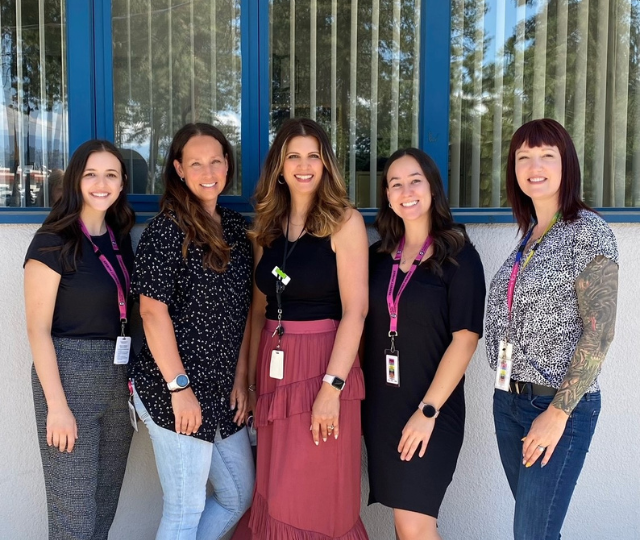Relocation allowance
Qualified candidates for permanent and temporary placements may be eligible for financial relocation assistance at the time of hire (for example, two-year return of service). The dollar amount is influenced by distance and aligns with Public Sector Employers Council. Please speak with your hiring manager or recruiter during the hiring process.














